US Secretary of State Antony Blinken and Russian Foreign Minister Sergei Lavrov traded barbs at an OSCE meeting dominated by the Ukraine conflict.
Western foreign ministers including US Secretary of State Antony Blinken berated their Russian counterpart Sergei Lavrov on Thursday over the conflict in Ukraine at an annual security meeting in Malta.
Russia's full-scale invasion of Ukraine in 2022 dominated discussions at the Organisation for Security and Cooperation in Europe (OSCE) ministerial summit.
Ukraine's Foreign Minister Andrii Sybiha said his country was fighting for its right to exist, and called Lavrov a "war criminal" while questioning Russia's involvement at the event.
"Russia is not a partner, it is the biggest threat to our common security. Russia's participation in the OSCE is a threat to cooperation in Europe," Sybiha told the meeting of the 57-member security and human rights body.
The Ukrainian minister boycotted last year's OSCE summit in Skopje, North Macedonia, over Lavrov's attendance.
Polish Foreign Minister Radoslaw Sikorski, a close ally of Kyiv, backed up Sybiha's speech and issued a warning to the Russian delegation during his speech at the summit.
"You're trying to rebuild the Russian empire and we will not let you. We will resist you every inch of the way," Sikorski said.
Sybiha and Sikorski left the room before Lavrov's speech, as did Estonia's foreign minister and several other diplomats and officials, a gesture which has become commonplace since Russia's invasion of Ukraine in February 2022.
Lavrov accused the West of provoking a direct conflict with Russia by treating it as "a common enemy", and warned that tensions could escalate further.
"The result is the reincarnation of the Cold War, but now with the far greater risk of its escalation into the hot phase," Lavrov said during his first stop in an EU nation since February 2022. Although Russia's top diplomat is under EU sanctions — including an asset freeze — he is not subject to a travel ban.
'Tsunami of misinformation'
Lavrov, who was the fourth speaker, left the room after his speech, and Blinken criticised the Russian minister in his absence.
"I regret that our colleague Mr Lavrov has left the room, not giving the courtesy to listen to us as we listened to his. And of course, our Russian colleague is very adept at drowning listeners in a tsunami of misinformation," Blinken said.
Referring to Lavrov's remark about "escalation", Blinken referred to the deployment of North Korean forces to Russia, the use of an intermediate-range ballistic missile to attack Ukraine, Moscow's move to lower the threshold for the use of nuclear weapons, and attacks on Ukrainian energy infrastructure.
“Mr Lavrov spoke about the sovereign right of every member state to make their own choices," Blinken said. "That’s exactly what this is about: the sovereign right of Ukraine and the Ukrainian people to make their own choices about the future, not to have those choices made in and by Moscow."
Lavrov and Blinken were not scheduled to meet at the event.
Blinken had travelled to Malta from Brussels, where he attended his last NATO meeting of the outgoing Biden administration. US President-elect Donald Trump, who takes office on 20 January, has claimed he could stop the war in Ukraine "in a day", arousing fears that Washington could cut aid to Kyiv and cede territory to Russia as part of a peace deal.
The OSCE is the successor to a body set up in 1975 to facilitate Soviet-Western engagement during the Cold War. It sends observers to monitor conflicts and elections worldwide, and helps members coordinate on issues from arms control to human rights.
Since Russia's 2022 invasion of Ukraine, the organisation has been hamstrung by Moscow's use of vetoes to block several major decisions. Lavrov claimed last year that the OSCE was "essentially being turned into an appendage of NATO and the EU".

 1 month ago
15
1 month ago
15
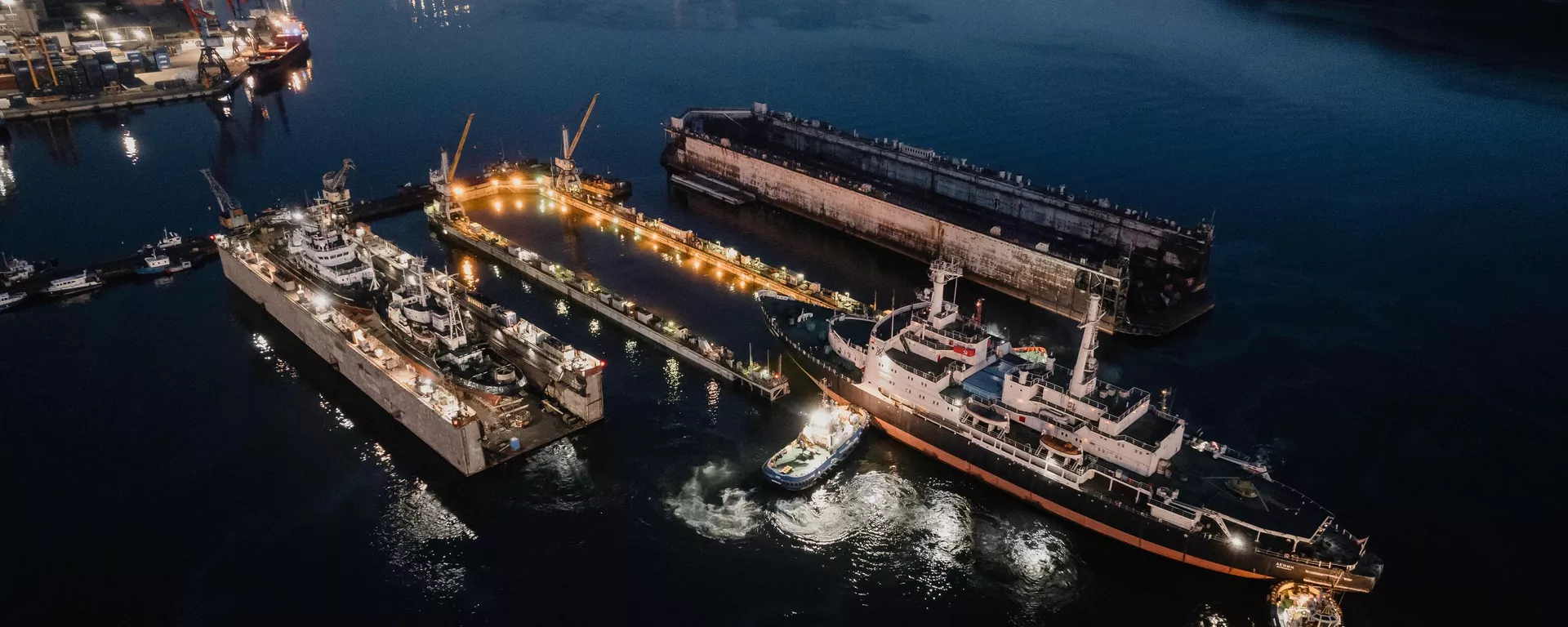
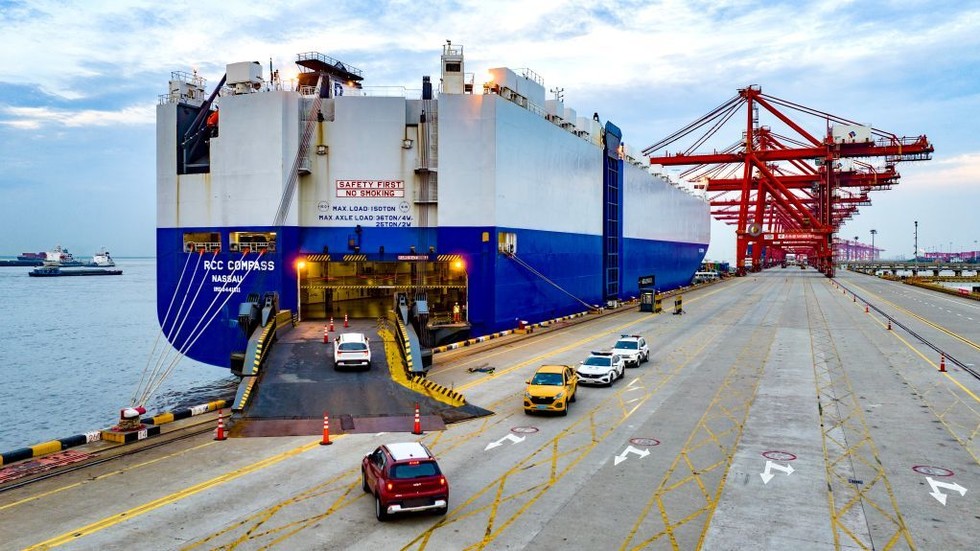
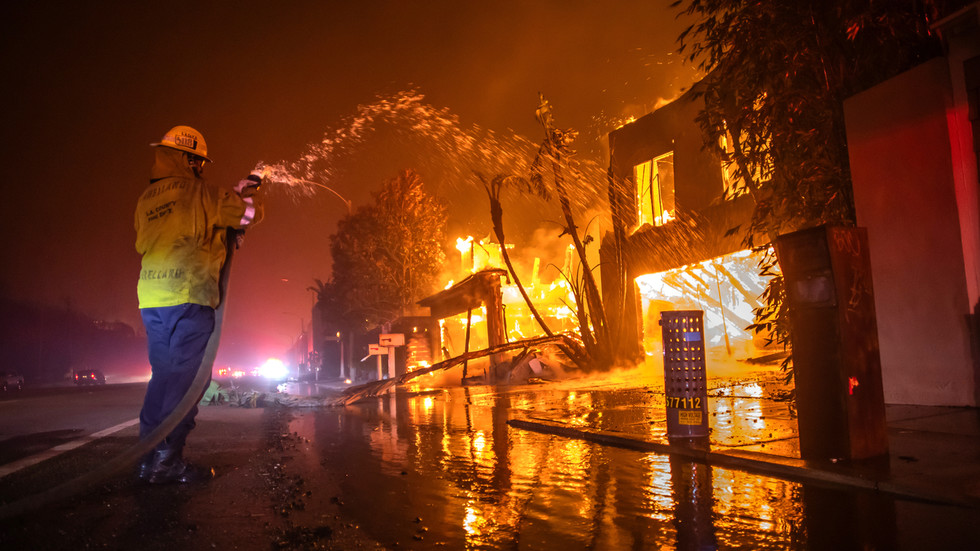
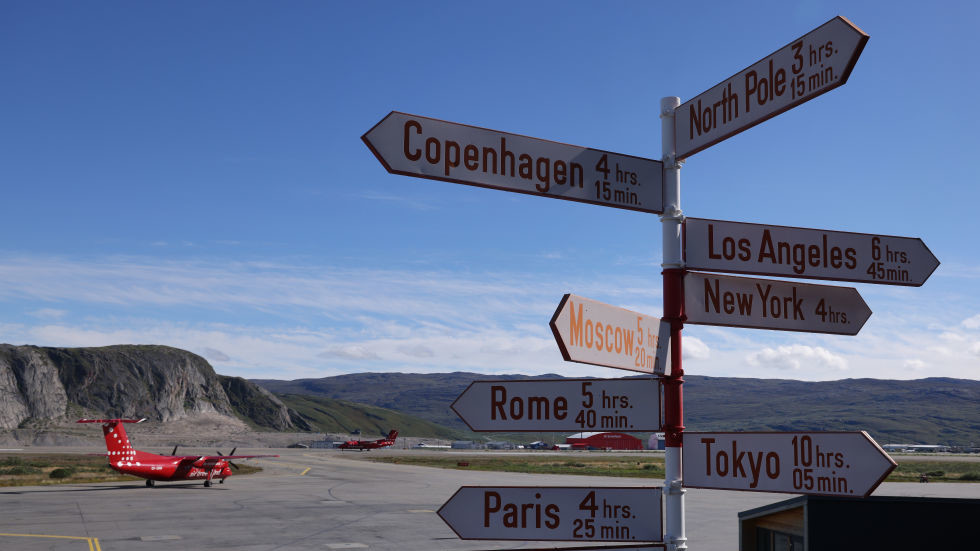

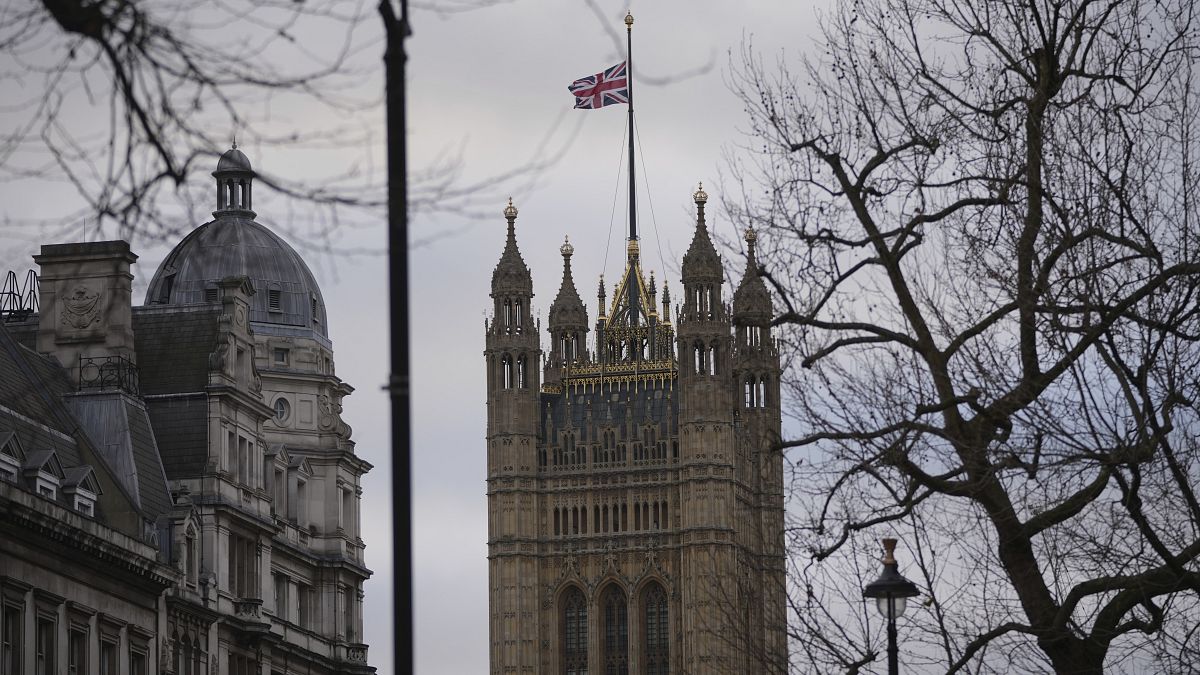
 We deliver critical software at unparalleled value and speed to help your business thrive
We deliver critical software at unparalleled value and speed to help your business thrive






 English (US) ·
English (US) ·